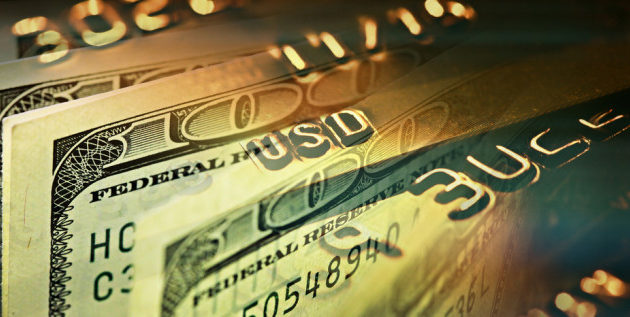Tax “Refunds”: Your Interest-Free Loan to the Government
What that check really means by DANIEL BIER.
It’s April, which means that most people will soon be getting checks from the government for overpaying on their taxes. It feels good to get a big chunk of money — especially since it was yours to begin with — but that tax “refund” cost you more than you realize.
Getting a refund means that, throughout the year, the IRS took more of your income than the law allows, and after you file your tax return, they have to give it back. But losing that money for months and months cost you something — goods and services you were not able to buy (and hence benefit from), investments you didn’t make, debt you didn’t pay down, savings you did not accumulate, etc.
A tax refund is, in essence, an interest-free loan from you to the government. Over at FiveThirtyEight, Ben Casselman and Reuben Fischer-Baum show you just how much that loan cost you.
More than three in four taxpayers get refunds, and the average amount they get back is close to $3,000, according to IRS data. That means that for many Americans, their annual refund is the biggest single check they’ll get all year.
What could you have done with that $3,000? Interest rates are very low for savings accounts right now, so that wouldn’t get you much, but if you had invested it in stocks (say, an index fund for the S&P 500), it would have earned you an extra $239.
The stock market can be risky, but the great thing about money is that you can do lots of things with it. Casselman and Fischer-Baum calculate:
Nearly 40 percent of American households carry a credit card balance, and those loans carry high interest rates. . . If instead of getting a $3,000 refund come April, you’d been able to pay off $250 in credit card debt each month (or put $250 a month less on your card), you would have avoided more than $300 in interest expenses by Tax Day.
And then there’s the cost of just not being able to buy things you need when you need them: a car, appliances, or whatever else you had to delay purchasing because the government “borrowed” your income. You missed out on the benefits those goods would have provided. Even if you have zero net tax liability at the end of the year and get all your money back, you’ll still be paying this cost.
People aren’t necessarily being stupid about their taxes, though. The tax code is so intricate and so complex that it can be impossible to predict what you’ll owe, and if you underpay, God help you, the IRS will charge you interest, as well as possible fines and fees.
The tax withholding system is designed to encourage taxpayers to overpay. It’s a sneaky, invisible tax levied on those without the financial savvy or expert advice to avoid it. And, as Don Boudreaux has pointed out in the past, it is a costly and regressive system that disproportionately hurts people who get income from wages versus those (mostly rich people) who get income from non-wage sources, like capital gains.
It’s nice to get your money back — but don’t forget, “refunds” aren’t free money.
Check out FiveThirtyEight’s calculator to see how much your interest-free loan to Uncle Sam cost you this year.



